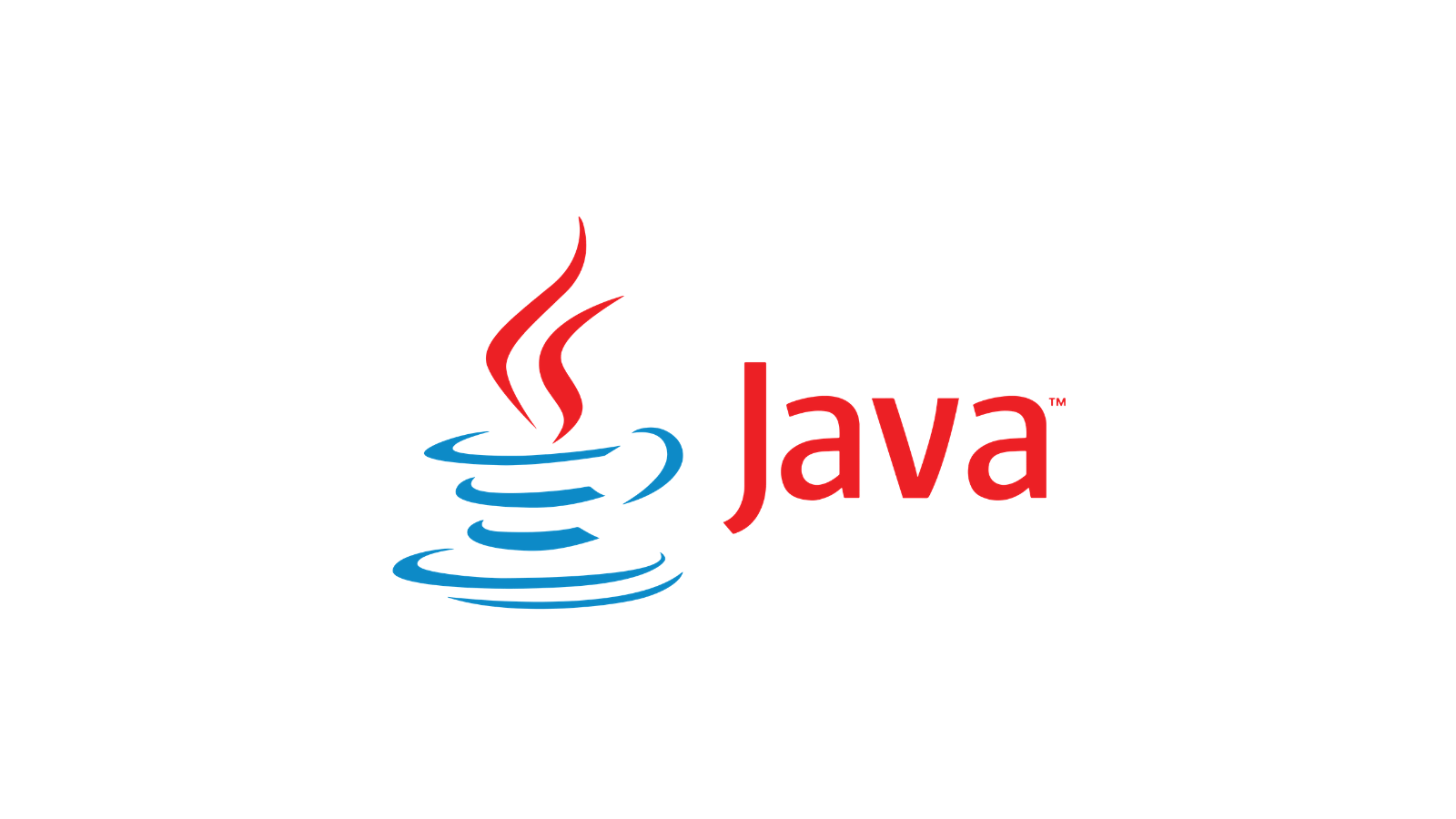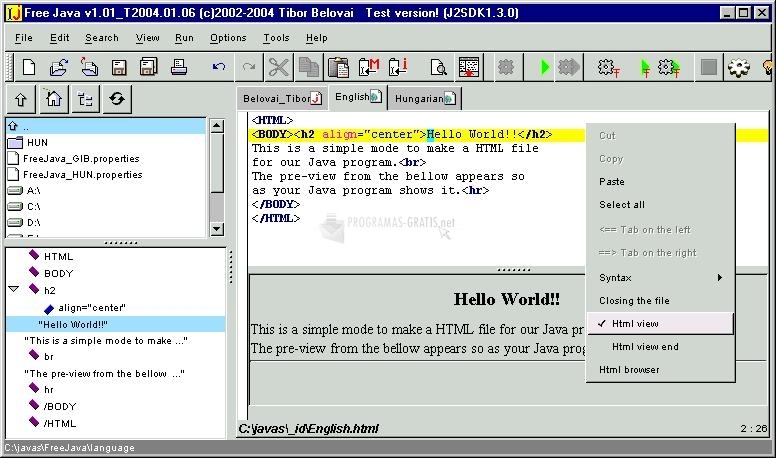

The LTS Java 17 release came out in September 2021. What is the latest version of Java to install? Common Java setup options Configuration optionĬhange the Java install folder to one that does not have any spaces or non-standard characters in the name Java 11 is also a very capable version of the JDK. Both Java 11 and Java 17 are acceptable versions of Java to install and will fulfill the majority of needs for most Java users. Bug fixes and security patches will continue to be released for it.Ī default JDK install on Ubuntu uses Java 11, which was the previous LTS release before Java 17 came out. This is the preferred version to install.

The latest long-term support release of Java is version 17. Install the JDK rather than the JRE to avoid these corner-cases. Occasionally Java programs require a compiler or some other utility in the Java install’s /bin folder. My recommendation is to always install the JDK unless there is some overriding concern that makes a JRE install more attractive. To execute Java programs and run Java JAR files, the minimum requirement is the Java Runtime Environment (JRE).ĭevelopers who want to compile code, create JARs and build applications need the JDK, which includes source code compilers and other necessary utilities. Otherwise, if you are a developer and you have a relationship with a given vendor, or you deploy to a given vendor’s platform, it makes sense to install their Java distribution rather than the Adoptium one.įor users who want enterprise performance and scalability and will pay for extended Java support, the Azul JDK has always been the preferred choice. It’s open source, it’s built directly from the OpenJDK project, and it has the least restrictive Java license.

Adoptium from Eclipse (formerly AdoptOpenJDK)įor everyday users, the best option is to download and install Java through the Adoptium JDK from Eclipse.Vendors with their own Java distributions include: Many vendors build their own Java distribution from the OpenJDK project. However, anyone who installs Java should always read the license agreement before they accept it. Some vendors sell extended support for older versions of the JDK. Other vendors sell versions of Java that are incredibly scalable and more robust than distributions built from the OpenJDK baseline.īut only enterprise customers who install Java on powerful servers need to pay for Java.įor all other users, Java is free to use. If you have not installed Java, or the PATH is misconfigured, a ‘Java is not recognized’ error will result.


 0 kommentar(er)
0 kommentar(er)
